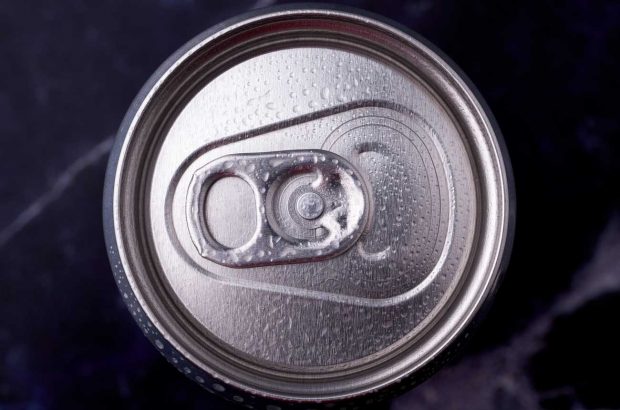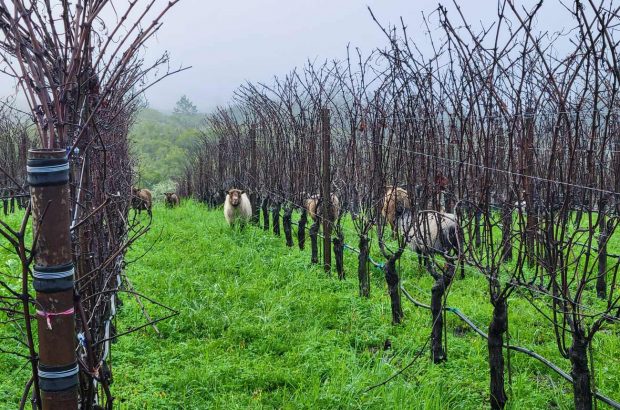You know how it is. The fight (or the degree course, or the work project) continues for years.
When the distant goal is eventually achieved, all the participants are so crumpled after the struggle that victory passes with little more than a smile and a shrug.
That’s what happened back in late July. France finally decided to do something which almost every non-French commentator has urged it to do for several decades: to promote French wine as a whole. It won’t just be a gesture, with few tatty posters stuck up in bus shelters across northern Europe. They’re riffling a serious wad of 8 million euros.
French wine promotion heretofore was left entirely in the hands of its regions, each of whom seemed convinced that other French region were its principal rivals. The result was a plethora of small-scale, poorly funded and often misconceived promotions campaigns which merely bewildered the few consumers who happened to notice them at all.
France’s major asset is its national image: a warm and exasperating compost of sensual pleasures, good living, high luxury, rural charm and silly regulations. This, of course, was never evoked as Muscadet (sailing gear, oysters) strenuously attempted to differentiate itself from Alsace (storks), or Bergerac pointed out how importantly different it was from Bordeaux (um … no bow ties?).
The biggest challenge posed to consumers by French wine, namely its complexity (perceived by most consumers as either terrifying or impenetrable) was never addressed. Meanwhile, Australia and New Zealand were giving the world masterclasses in how to sell wine using kangaroos and mateship, or lakes and no people at all.
The campaign, which should begin later this year and continue until 2013, has been funded ‘equally’ by the nation’s interprofessions. (In proportion, presumably, to their means, as asking the Rhône to stump up the same amount as the Jura would never have delivered €8 million.) I’d love to have sat in on the meetings which preceded this agreement. Anyone who can cajole the Champenois into agreeing that it is in their interest to chip in and promote jointly alongside Chat en Oeuf and Arrogant Frog ought to run for President in 2012.
The campaign will target ten export markets (including the UK, Germany, the USA, China and Russia), those markets accounting for 85% of France’s export wine earnings. And, of course, the money will be spent either well or badly. For what it’s worth, here’s my suggestions.
Make back labels mandatory for every exported bottle of French wine with an ex-cellars price of less than 20 euros. Those back labels would have to be in the language of the market for which the wine is bound, and some of the promotion fund should be spent on producer assistance in achieving this, including a useful template for the information consumers truly need: grape varieties, wine style, a short tasting description, levels of sweetness and brief food-matching suggestions.
Allow those creative souls set loose on devising the big-spend tickets maximum freedom, but make sure that the principal message emphasises relaxation and the douceur de vivre with which France is in part synonymous. Don’t deny the necessary complexities of French wine, but make them optional – for those who want to know more. (They should be limpidly explained via the different tiers of the generic website, on which a great deal of money must be lavished: it’s the perfect place for complexities.) If ever a nation’s wine offer needs de-stressing, it’s that of France.
Finally, do as little as possible centrally, back in Paris, and as much as possible in the target markets themselves, with local partners. The British market will need humour, which may not be right in Russia or Germany; Chinese drinkers will want French wines explained in a different way to Japanese drinkers.
A well-run generic campaign is as much about listening as talking. That’s not necessarily a French virtue … just yet.
Written by Andrew Jefford





